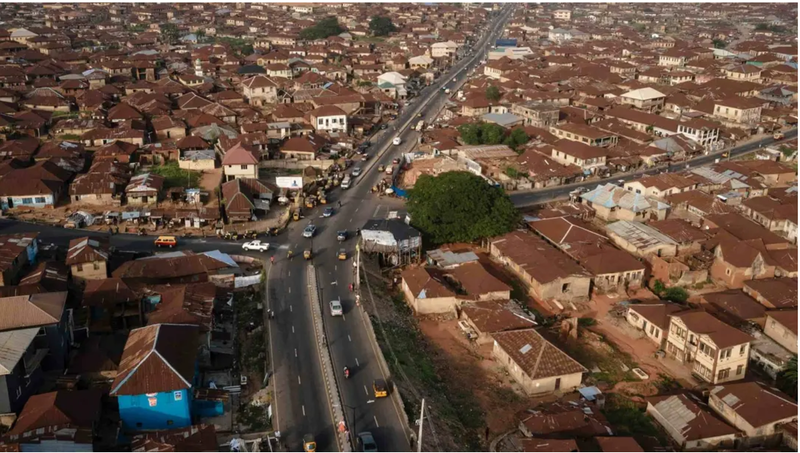Nigeria's Unions Halt Nationwide Strike
Nigeria's main union federations, the Nigeria Labour Congress (NLC) and the Trade Union Congress (TUC), suspended an indefinite strike for a week on Tuesday to resume talks over a new minimum wage....
0:00
/1861
Facts
- Nigeria's main union federations, the Nigeria Labour Congress (NLC) and the Trade Union Congress (TUC), suspended an indefinite strike for a week on Tuesday to resume talks over a new minimum wage.1
- Pres. Bola Tinubu has arranged a closed-door meeting with government officials and union representatives, ordering his finance minister to present a new minimum wage figure within two days to negotiate with unions.2
- Previously, the government had pledged to double the country's current monthly base pay to 60K naira ($40), a proposal still far below the rise to 500K naira ($330) that unions have demanded.3
- This is the fourth union action since Tinubu took office last year, as his reforms have allegedly aggravated a cost-of-living crisis in Nigeria and pushed inflation almost to a 30-year high.4
- According to the National Union of Electricity Employees, the national grid had been restored after a day-long outage as electricity workers joined the nationwide strike that began on Monday.5
- Domestic airlines have also resumed flight operations as aviation unions relaxed their action for one week after joining the strike that interfered with airport operations and local flights.6
Sources: 1Reuters, 2The Guardian Nigeria, 3BBC News, 4Al Jazeera, 5Punch Newspapers and 6TheCable.
Narratives
- Narrative A, as provided by Nairametrics. It's no secret that the high inflation rate has damaged the Nigerian economy, causing unprecedented poverty levels and price hikes. However, as the actual costs in the country remain lower than abroad, the government must focus on boosting purchasing power rather than addressing inflation — and fixing the minimum wage would be key.
- Narrative B, as provided by The Conversation. In the face of Nigeria's cost-of-living crisis, labor unions have urged the government to raise the national minimum wage. However, the minimum wage doesn't protect workers from poverty — it effectively traps them in a vicious circle that can only be broken if people acquire the skills and capabilities needed in the global economy.







